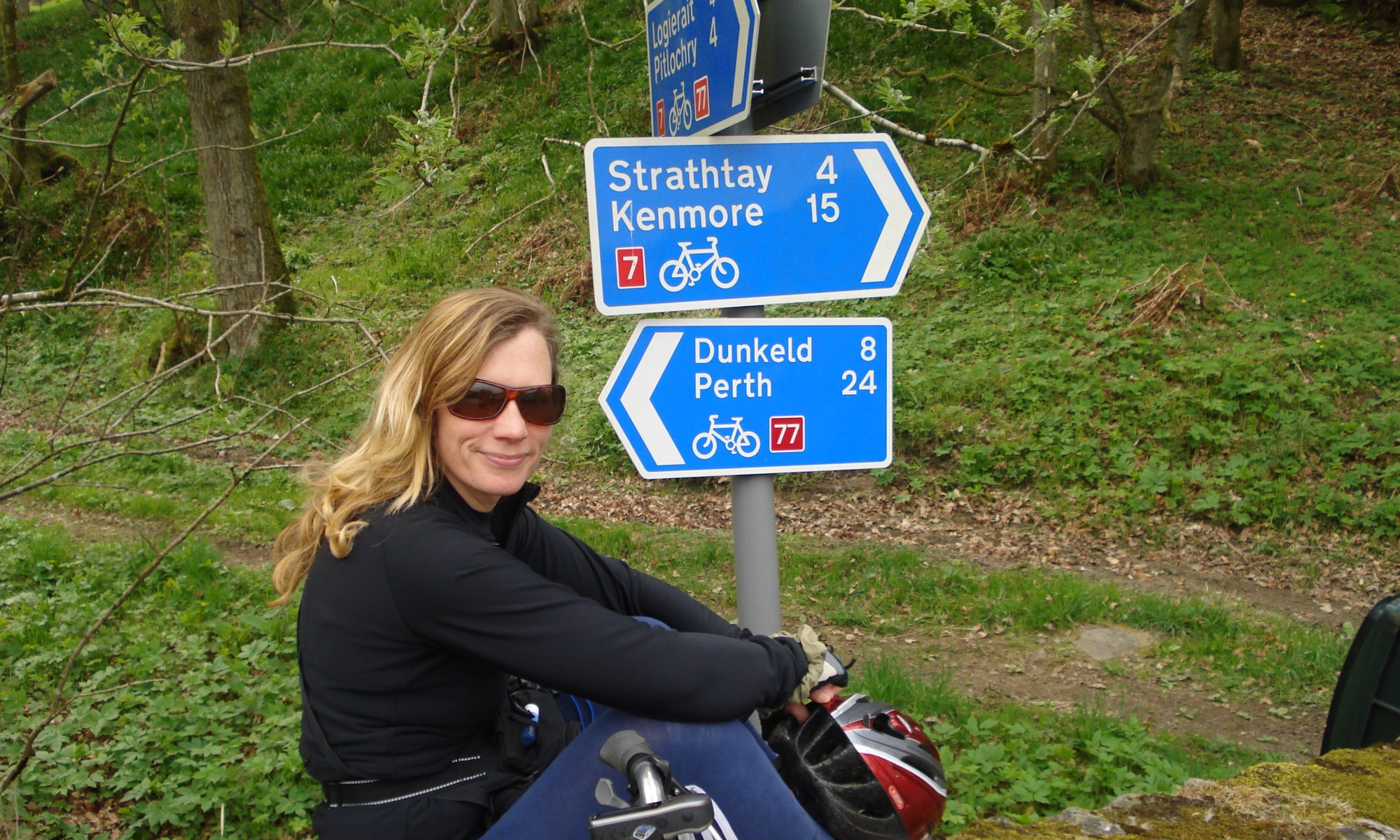“You’re a bit of a fighter”, the Director of the Mexican Tourist Board, Manuel Diaz Cebrian told me at a recent conference. I had been asking too many pushy questions about responsible travel, as usual. He was quick to add, however, “We Mexicans like that, it’s good to challenge people”. The truth is, if anyone was a fighter it was him. Because marketing Mexico at the moment has to be one of the toughest jobs out there.
Tourism is hugely important to Mexico, and a health crisis of this scale takes its toll for years. Just think back to Foot and Mouth Disease. What did not help Mexico, however, was the confusion over travel advice in various parts of the world. Following the outbreak of the Influenza AH1N1 virus, The World Health Organisation (WHO) was not advocating travel restrictions. The EU told member states that it was up to each country how they handled the situation. The Irish and UK governments advised against all non-essential travel to Mexico, however many other countries rejected the notion of a total travel shutdown.
Manuel can breathe a sigh of relief now, as this travel restriction has been lifted here and in UK. Extreme travel alerts can have a dramatically negative impact. An “all non-essential travel” restriction makes it very difficult to get travel insurance, for example. Ironically, there are now more cases in the US, but we don’t read about travel restrictions there. However, I am not suggesting complacency, and any responsible traveller should check out all health recommendations for travel to Mexico, or any other country affected by the virus at the Dept. of Foreign Affairs, www.dfa.ie.
The media coverage of a destination, and its travel alerts, can have an equally negative impact on tourism. It is worth researching the destination from all angles, read local blogs, and sometimes even question travel restrictions to countries you are keen to visit. Often they might focus on one city, such as Nairobi during the pre-election violence. Meanwhile the majority of this vast beautiful country was peaceful, and empty. Tourism is only starting to pick up there again, saved by their new hero, Barack Obama. But many destinations don’t have such wonderful ambassadors to put them back on the map again.
It is interesting to note that any tourist still nervous about travelling to Ireland because of terrorism, and I have met a few, might not be reassured by the British Foreign and Commonwealth Office’ s (FCO) guidance, which says, “There is an underlying threat from terrorism. Attacks could be indiscriminate, including in places frequented by expatriates and foreign travellers”. That is not what most Irish people would tell visitors, so I wonder what Mexicans would be telling us right now?
In 2003, UK charity Tourism Concern (www.tourismconcern.org.uk) lobbied the FCO for a fairer and more transparent travel advisory system. This was driven by the blanket ban on ‘all non-essential travel’ to Indonesia, following the terrorist attack in 2002. In contrast, the USA also suffered tragically at the hands of terrorists the year before, but the travel advice was for ‘vigilance’, and a huge US tourism campaign immediately kicked in. Indonesia’s ban continued into 2004, however, and the tourism industry was devastated as a result. Tourism Concern’s lobbying worked, and now the FCO has an advisory committee in place which meets every three months to review its decisions, ensuring that destinations are not adversely affected by prolonged or geographically inaccurate travel advisories.
Luckily for Mexico, the restrictions have been lifted; tour operators are operating, and let’s hope the virus is contained. However, the impacts of the media coverage will hover for a long time. So, I am fighting alongside Manuel, and encouraging tourists to keep the doors well and truly open to Mexico, when planning future holidays. And if you want to avoid the crowds, then consider some of the responsible travel companies which take you well and truly off the beaten track, such as Explore, Exodus, The Adventure Company. For more information, see Manuel’s own www.visitmexico.com.
(First published in The Irish Times, 30 May 2009)


